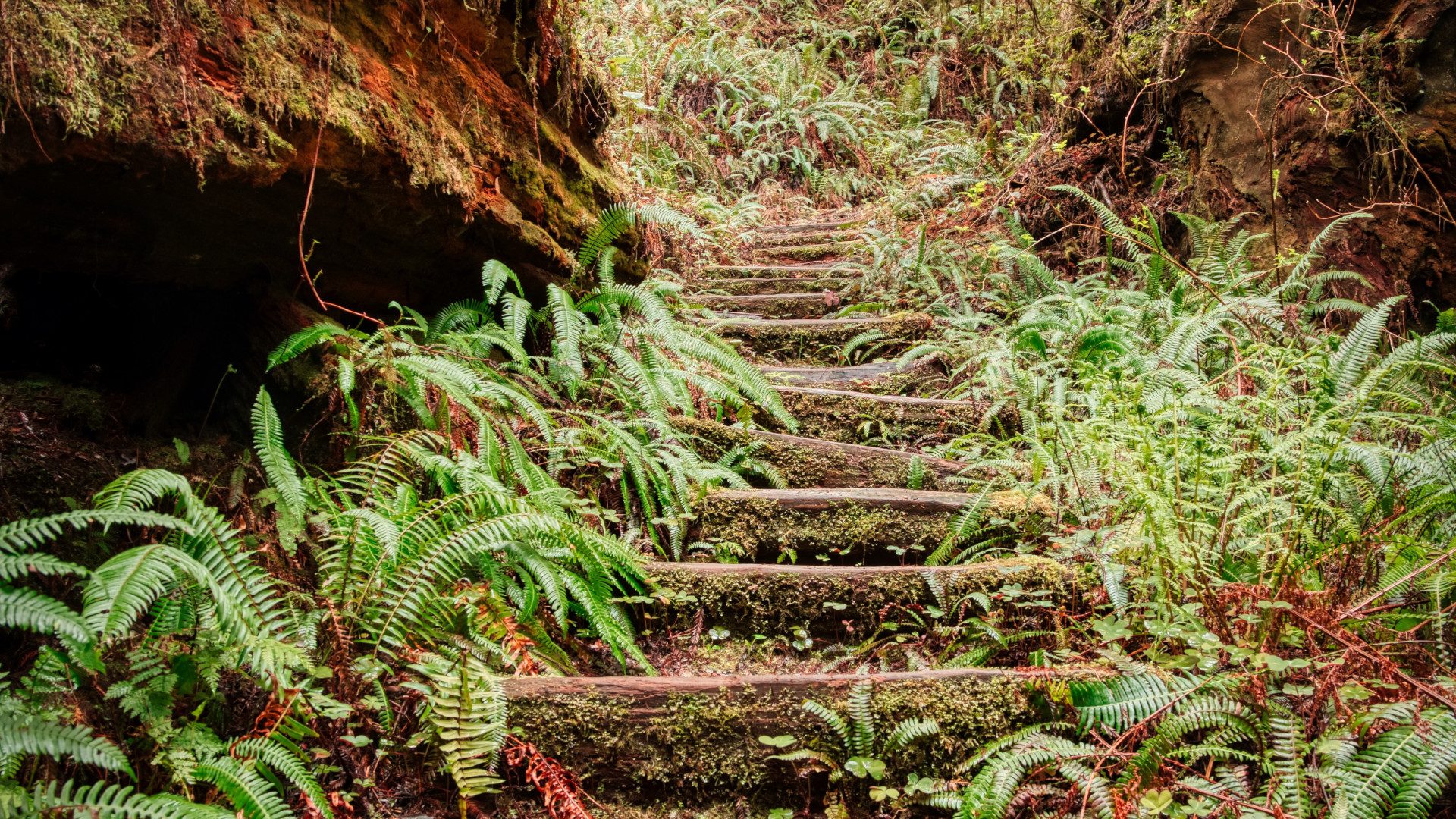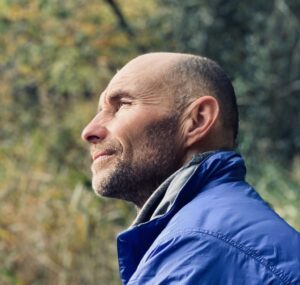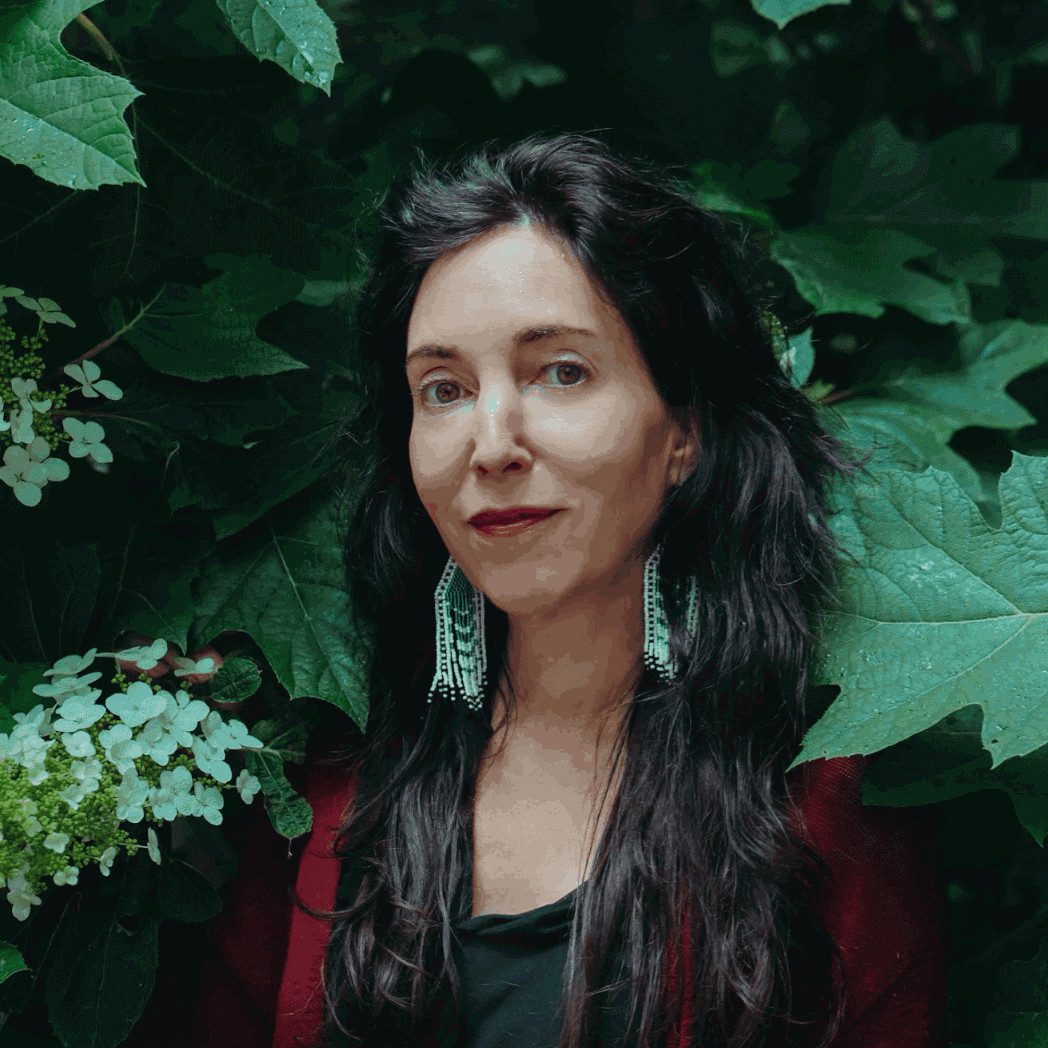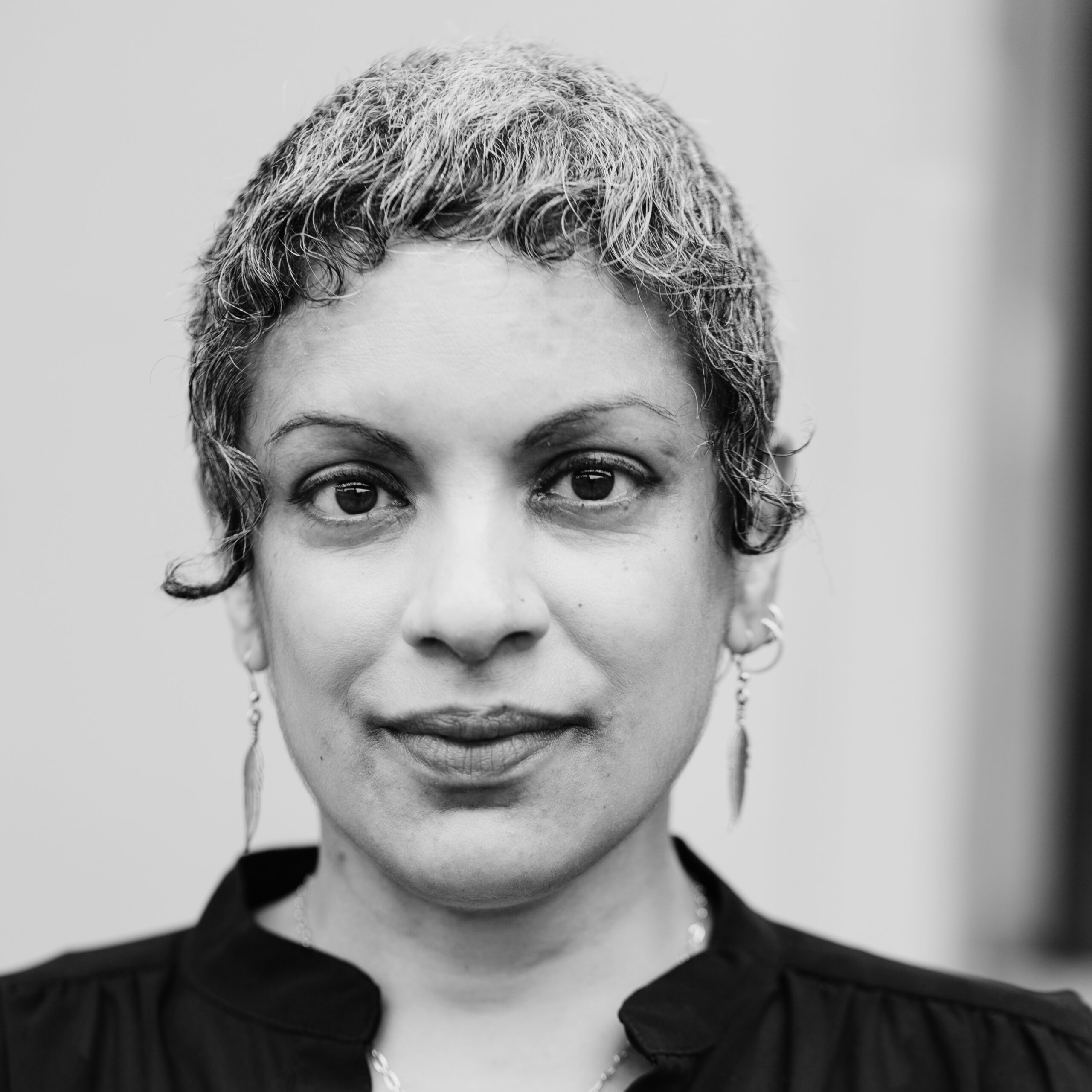The view we have of ourselves and our world shapes this world. Frameworks within the Dharma such as the ‘four foundations of mindfulness’ emphasize universal characteristics of our being human and part of a larger field of belonging. Eco-centric models of human identity, born of an intimate observation and participation within the wider natural world also offer a reminder of our deeper embeddedness whilst emphasizing the particular characteristics of our individuality.
An eco-centric wheel of human development invites us to experientially explore how the wider ecological world, and in particular the four seasons as we experience them can serve as a ‘mirror’ for our own maturation, including the four seasons of our human journey through childhood, adolescence, adulthood and elderhood along with the social and ecological developmental tasks associated with these stages.
These two frameworks emphasising the universality and particularity of our location acknowledge the indivisibility of individual and collective flourishing; a seamless belonging in which our particular and unique expression is necessary, a relational Dharma, as Joanna Macy named so eloquently, “World as Lover, World as Self”.










